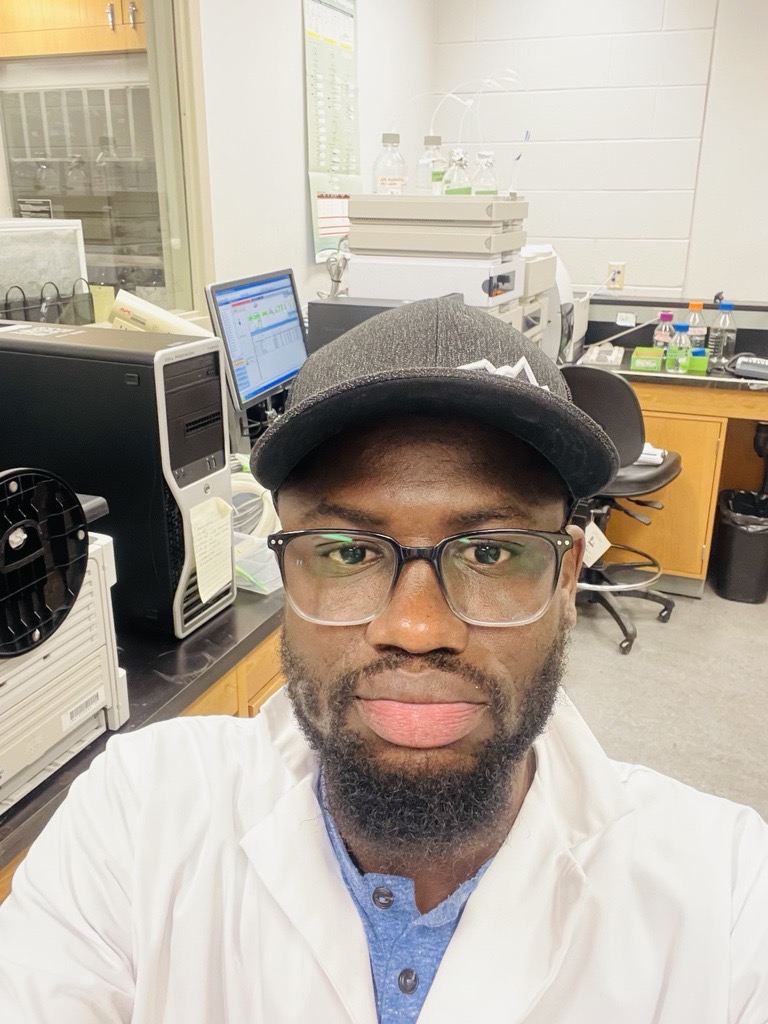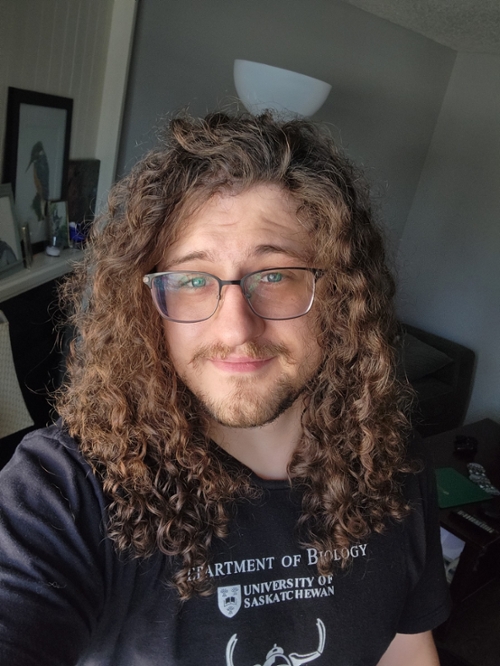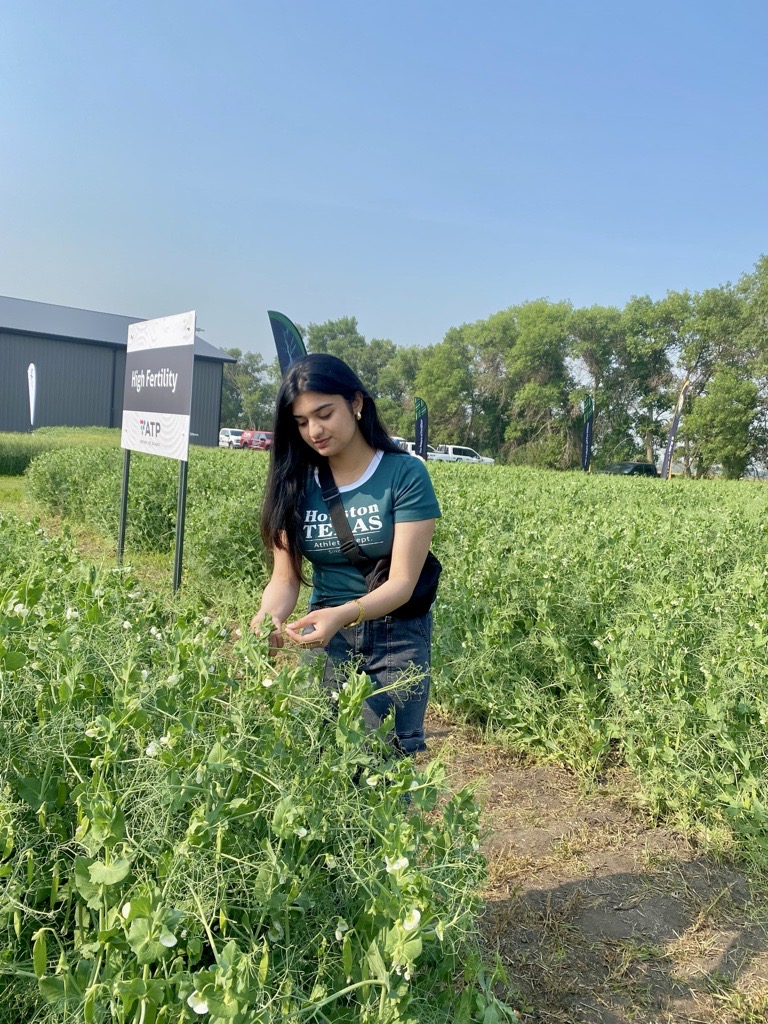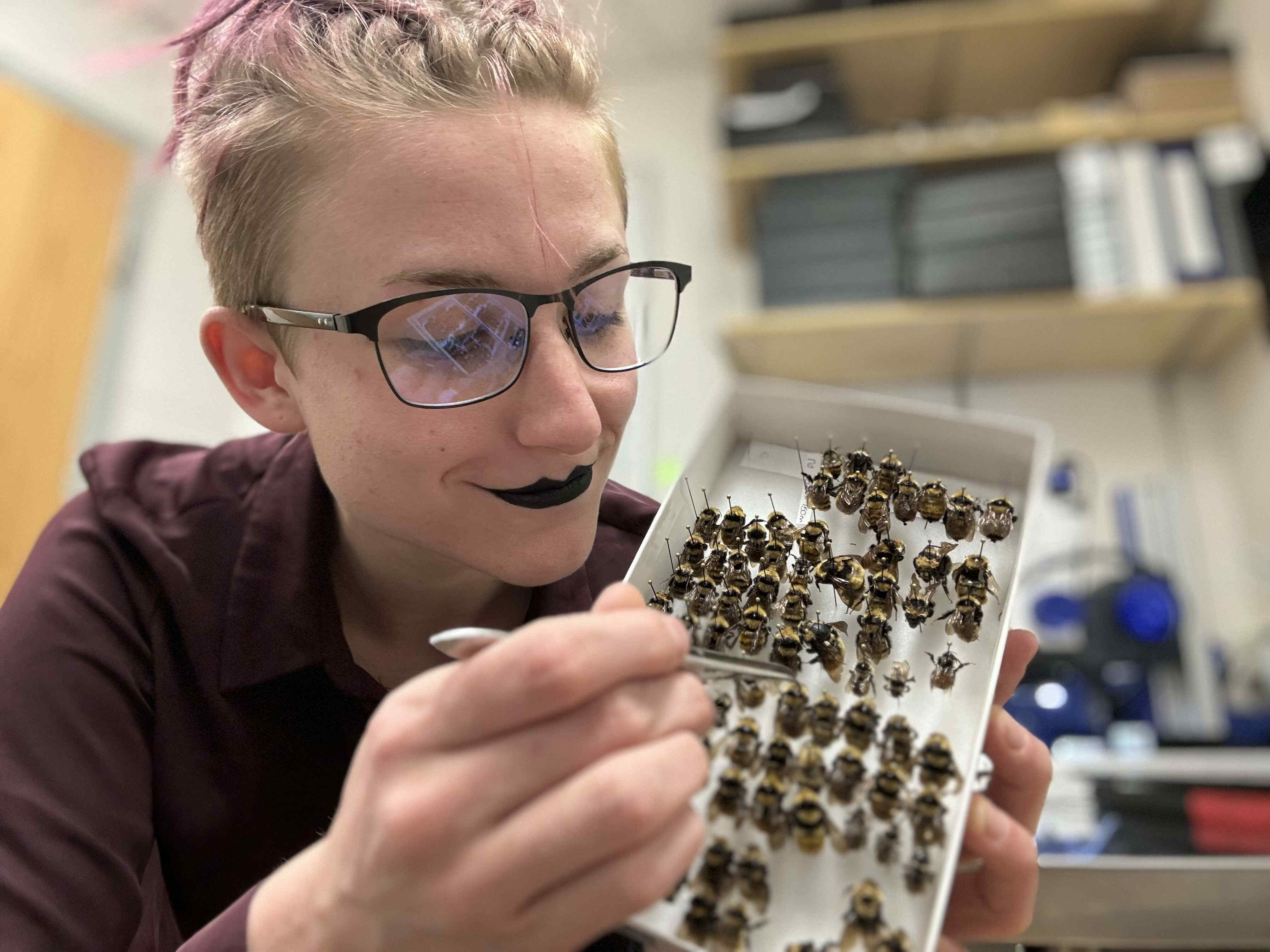Teresa is originally from Mexico, where she earned her Bachelor's Degree in Biology from the Autonomous Metropolitan University. She is currently pursuing her PhD. Her current research focuses on developing effective management strategies for key insect pests, including Lygus bugs, aphids, and grasshoppers in lentil cultivation. Teresa is also deeply passionate about science outreach and actively participates in communicating science to diverse audiences.
Jeremy Irvine (he/him/il) is a Vanier Scholar and PhD student at the University of Saskatchewan, where he investigates the chemical ecology and integrated management of insect pests in forage seed systems. His work focuses on the lesser clover leaf weevil (Hypera nigrirostris), a key pest in red clover seed production. His research has established economic injury levels and thresholds for this pest, and his current work explores the chemical ecology of the lesser clover leaf weevil to develop volatile organic compound (VOC)-baited traps as a non-chemical control strategy.

Qandeel is an experienced plant breeder. His project is focused on integrating genes for pea aphid resistance into peas. Specifically, his goals are to: introgress previously reported aphid resistance QTLs into elite cultivars to develop aphid resistant germplasm/genotypes through KASP-based marker-assisted breeding. To find novel genetic resources for aphid resistance, and to unravel the molecular mechanisms underlying aphid-resistance in pea.

Sainey is from The Gambia, where he earned his Diploma in Education from The Gambia College in 2016. In 2022, he graduated with a BSc. in Agriculture from The University of The Gambia, School of Agriculture and Environmental Sciences. Presently, he is pursuing an MSc. in Plant Sciences, focusing his research on investigating the impact of phytoplasma infection and various host plants on the Aster leafhopper microbiome.

Rodensky is interested in numeous aspects of entomology, biology and agriculture. His research project, in collaboration with USask and CDC pulse breeders and geneticists, aims to identify sources of pea aphid resistance in lentils.

Evan earned his undergraduate degree in Biology from the University of Saskatchewan and performed his undergraduate research in our lab. That work employed EPG to evaluate predator effects on aphid feeding. Evan then joined our lab to earn his MSc where he will be using eDNA to examine insect diversity associated with novel forage plants.

Aqsa is from Pakistan, where she completed her bachelor's degree in Zoology. She is currently pursuing a master's degree in Plant Sciences. Her research focuses on investigating mixed virus infections, such as Pea seed-borne mosaic virus along with other commonly present viruses in peas (Pisum sativum). Her work also examines the role of the pea aphid (Acyrthosiphon pisum) in transmitting these viruses.

Giri Raj is from Nepal, where he completed his bachelor's degree in BSc Agriculture from Tribhuvan University. Currently, he is pursuing an MSc in Plant Science at the University of Saskatchewan. His research focuses on identifying lentil lines that are resistant to Pea Seed-Borne Mosaic Virus (PSbMV), which is transmitted by pea aphids in the field.

Brianne earned a BSc in biology from the USask and performed her NSERC-USRA research in our lab. She is now an MSc student in Plant Sciences. Brianne's research focuses on sampling methods and the application of smart traps for monitoring Aster leafhoppers.

Grace's research is in applied entomology and plant virology. Her work focuses on viruses infecting pulse crops which are transmitted by pea aphids.